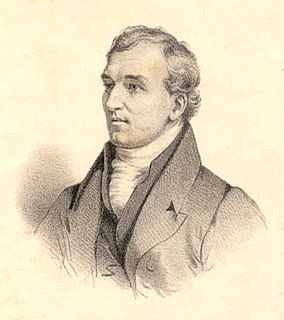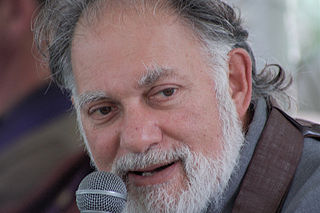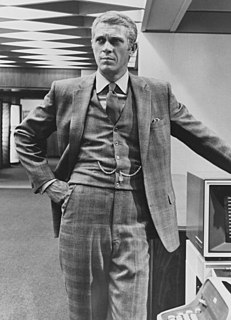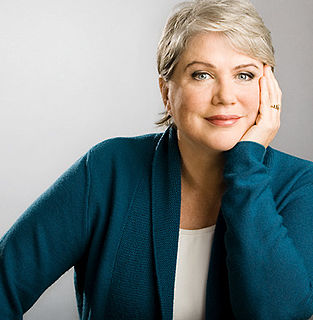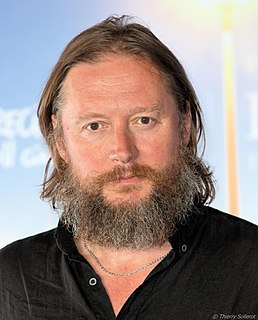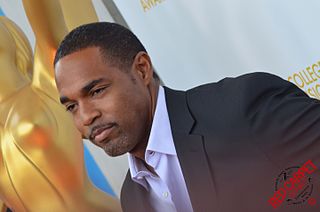A Quote by David Douglas
I'm the most experienced cinematographer in this medium, so there's no point in having that extra conversation in the middle of the loop. You're making the film in relation to what's happening now, and you can't really affect what's happening now. It's not like you're in control of anything in front of the camera. If you're calling yourself the director and you're not the cinematographer, I think you're kidding yourself.
Related Quotes
When you care about perfection, you care about an expectation. But there is also caring for where I am right now, for what's happening right now. When I spend time with students, they tell me that they've read something in a book or heard something from a teacher that they don't think they're living up to. And I tell them, “Take care of yourself right now. Befriend what's happening, not just who you're supposed to be or what the world should be like. This is where you are now. So how do you care for yourself this minute?
I don't like to put too much effort into things. I find that once you get involved with special effects it is no longer about what is happening in front of the camera and I really want to concentrate on what is happening in front of the camera, like the man apparently peeing on the surface of the screen.
In most industries, technological change is happening at a rapid rate. I find it is happening in different ways to every industry in the world, and positioning yourself for that, and trying to get ahead of that, is a big conversation right now. Digitization has created opportunities for everybody to accumulate information in a way they were never able to, and analyze it with a speed that just wasn't there.
I had done it all in my career. I always felt, as a kid, that that's what a director needed to be. Hitchcock could do anything in my mind. He's the director. That person has to be the best actor, the best designer, the best cinematographer. Then I came to realize that isn't the case. You just need to surround yourself with the best.
My philosophy involves imaging terrible things happening all the time, and getting used to it, so reality isn't so bad. And then you're always happy. You really just have to think yourself through it. That is how I've been able to come to happiness, but it is a subtle difference between scaring yourself all the time with terrible things happening, it's more about actually about making peace with it. That's my advice.
Most people confuse the "now" with what is happening to them in the now. Actually what is happening to you now has nothing to do with the present moment itself. If you were to suddenly die the present moment would remain. The problem occurs when we attach in our minds with what is happening to "us" presently. This is simply a mental construct that we have created ourselves. It is much like a grievance, either real or imagined. If we attach to grievances we are constantly inflicting suffering on ourselves, not the other party.
There's no truth in acting, it's all a trick, because you go on stage in front of sets, you're on film - it's all a trick. I'm making it sound very - I really am demystifying it, but what I try to do, what I do, and I hope effectively, is to create a reality as if it is happening now, that you're fishing for words out of the air.
